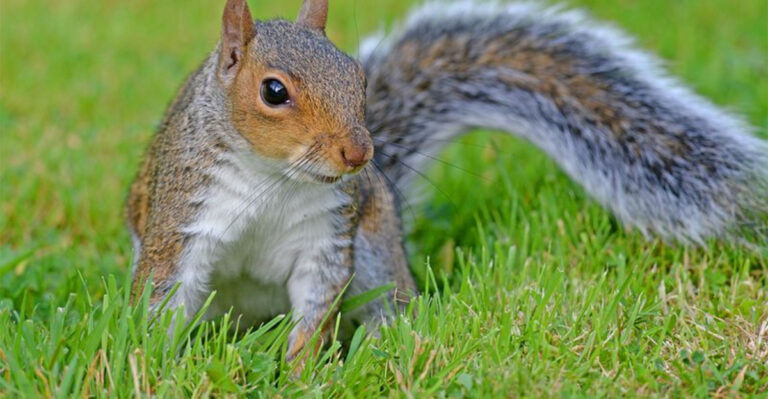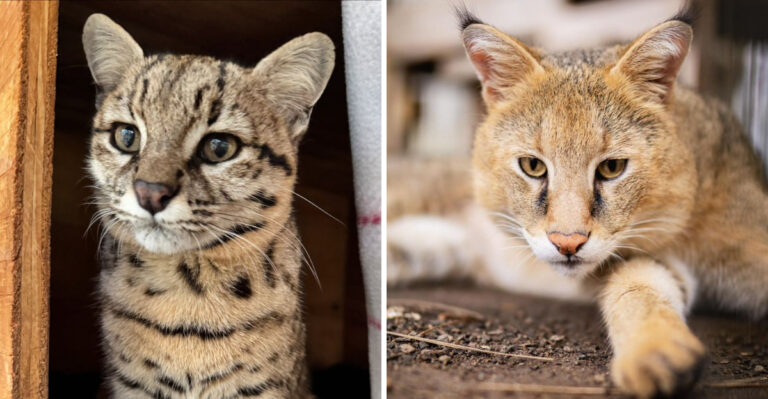17 Signs That Your Cat Could Use A Little More Attention
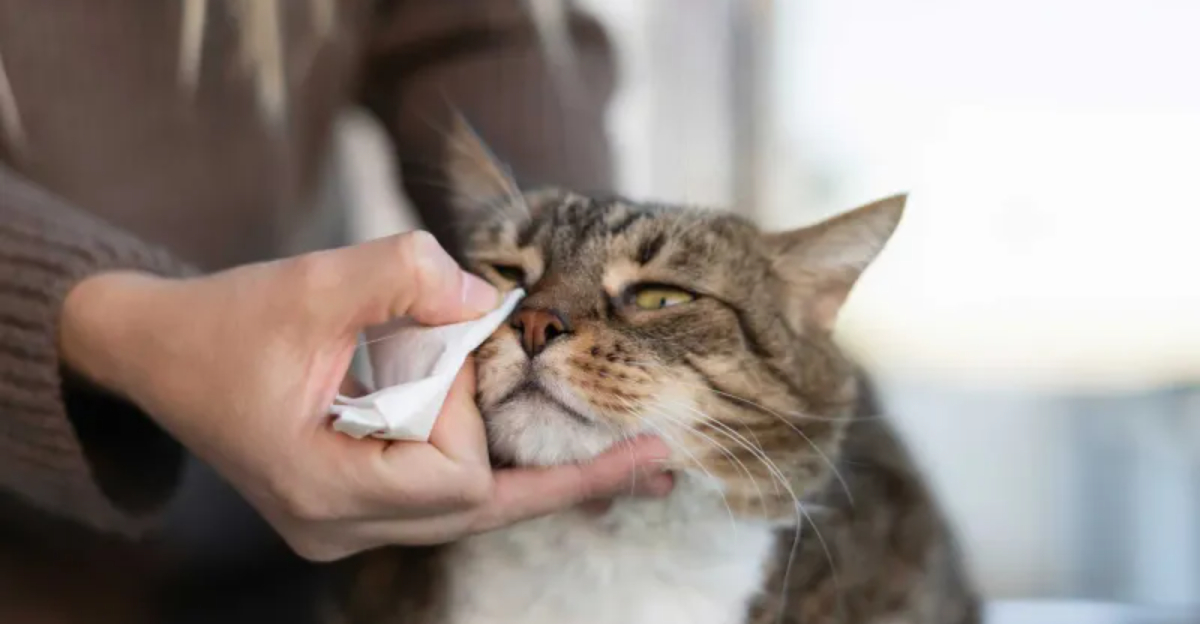
Sometimes cats act aloof, but that doesn’t mean they don’t crave care and connection. Beneath the surface, your feline friend might be giving off signals that something isn’t quite right.
Whether it’s a change in behavior or subtle shifts in routine, these hints can be easy to overlook. Let’s break down the signs that your cat could use a little more attention – because even the most independent kitties need some extra love now and then.
1. Change In Appetite
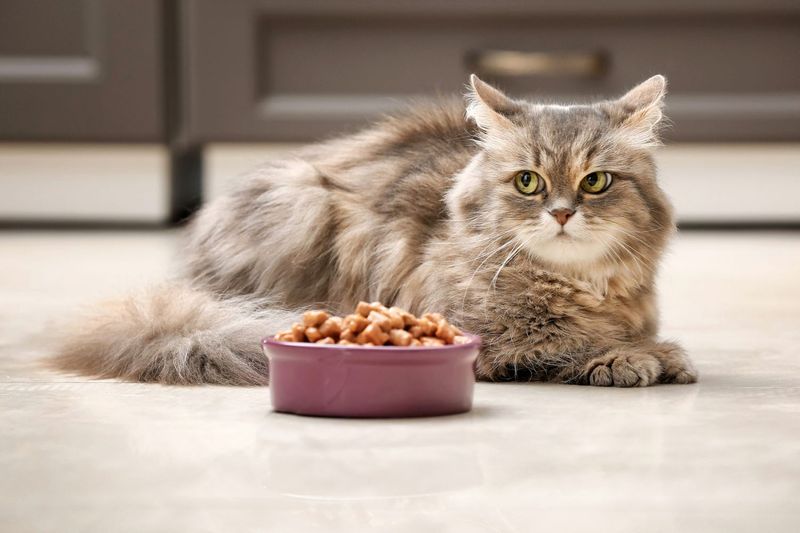
Is your cat suddenly not interested in their favorite tuna treat? A change in appetite could indicate health issues. Whether they’re eating less or more, it’s a sign worth noticing.
Cats are creatures of habit, and any deviation might mean something is amiss. Check their teeth and gums for any signs of discomfort.
2. Unusual Aggression
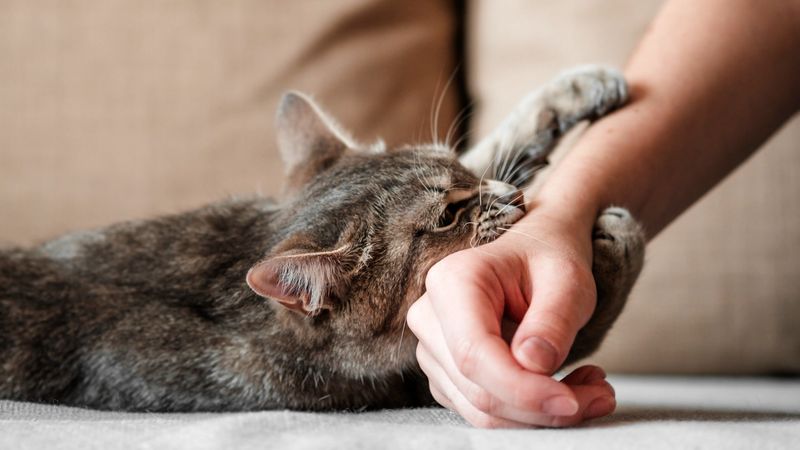
Has your sweet kitty turned into a little tiger? Aggression can be a cry for help. It could be due to pain, stress, or even boredom.
Observe their interactions. Are they more irritable around certain people or animals? Try to pinpoint the triggers.
Consult with a vet or a pet behaviorist to tackle this issue. Addressing aggression early can prevent further complications.
3. Excessive Grooming
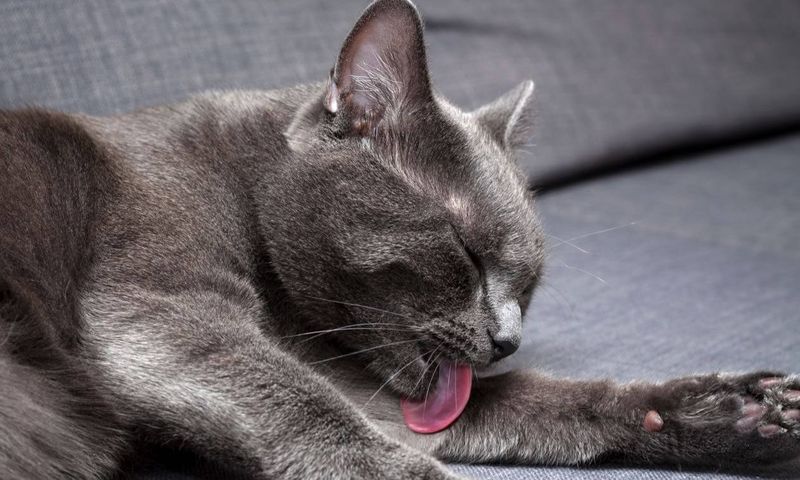
Excessive grooming can be an indicator of anxiety or allergies. Check for fleas or skin irritations. Sometimes, changes in the environment can stress them out.
Help your feline friend by providing a calm environment and possibly consulting a vet for allergy tests.
4. Lethargic Behavior
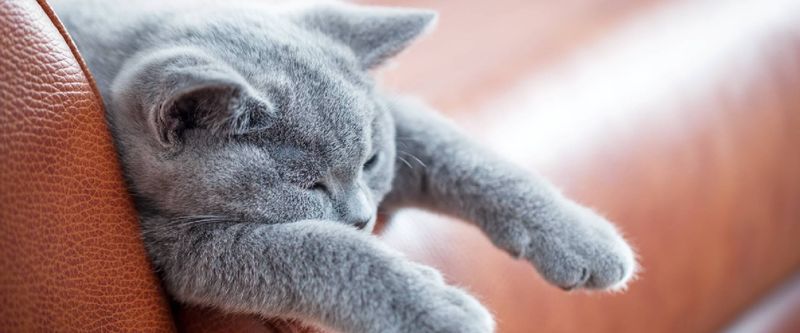
Cats love to nap, but if they’re refusing to play or explore, something might be wrong. Lethargy can signal underlying health issues.
Observe their sleep patterns and energy levels. Are they less playful than usual?Schedule a check-up to rule out illnesses. Keep a close eye on their behavior in the meantime.
5. Weight Change
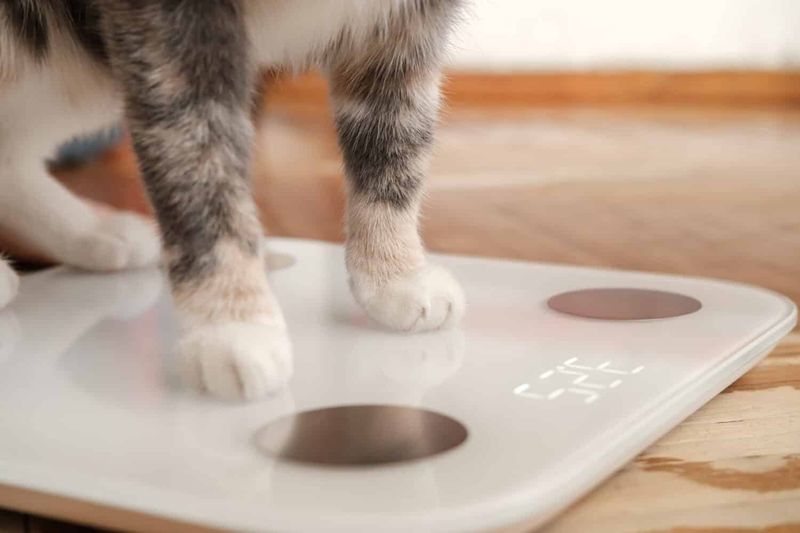
Has your cat become a bit too svelte lately? Or perhaps they’re gaining weight unexpectedly? Rapid weight changes can signal health problems.
Monitor their food intake and consult a vet if changes are drastic. Changes could be due to thyroid issues or diabetes.
6. Frequent Vomiting
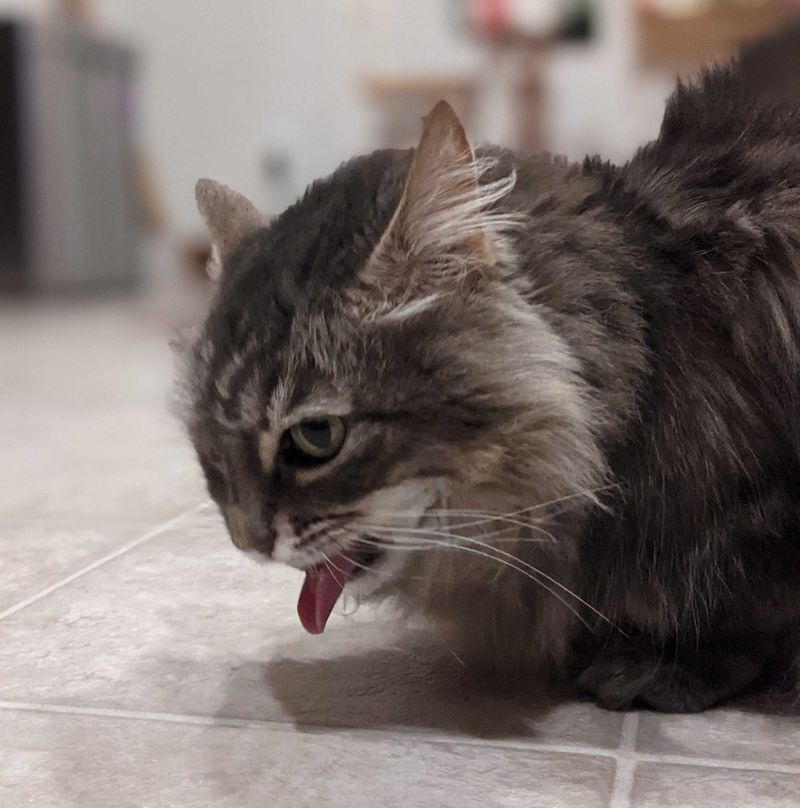
An occasional hairball is normal, but frequent vomiting is not. It can be a sign of gastrointestinal issues or other serious conditions.
Ensure they have access to fresh water and observe their diet closely. Chronic vomiting needs a vet’s attention.
Early diagnosis can prevent further health deterioration. Don’t let this symptom go unchecked.
7. Increased Thirst
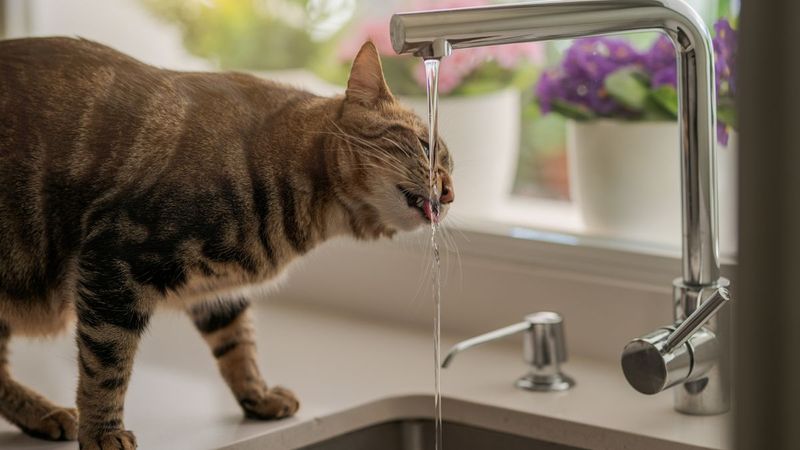
Increased thirst can be a sign of diabetes or kidney disease. Monitor their water intake and the frequency of their visits to the litter box.
Consult your vet to discuss potential causes and treatments. Early intervention is key to managing these conditions.
8. Changes In Litter Box Habits
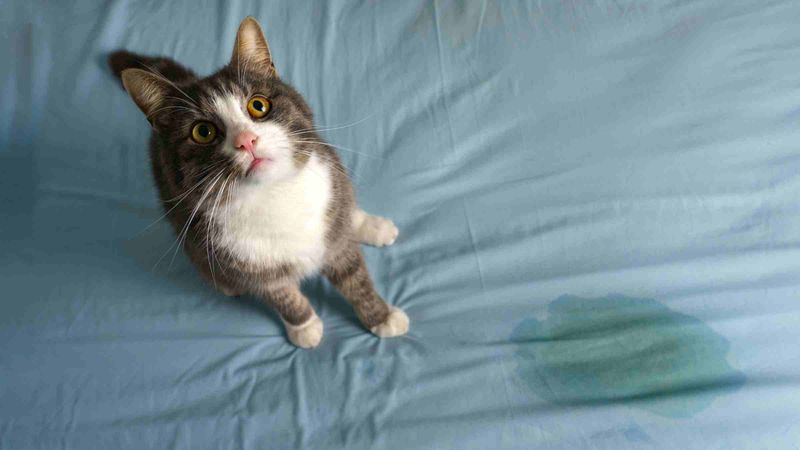
This could signal urinary tract issues or stress.MEnsure the litter box is clean and accessible. Sometimes, the litter type can also be a factor.
If problems persist, a vet visit is crucial. Ignoring this sign could lead to more severe health problems.
9. Bad Breath
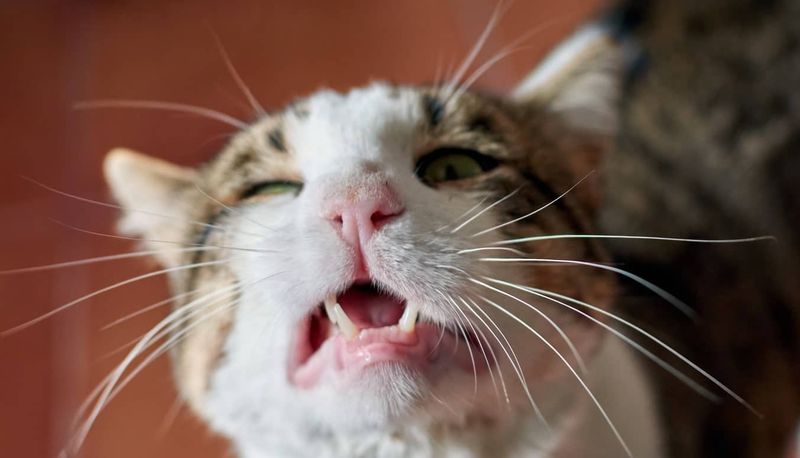
Your cat’s breath shouldn’t stink like a fish market. Bad breath can indicate dental disease or other health issues.
Regularly check their teeth for plaque or gum redness. Dental problems can cause significant discomfort. Schedule a dental cleaning with your vet.
10. Hiding More Than Usual
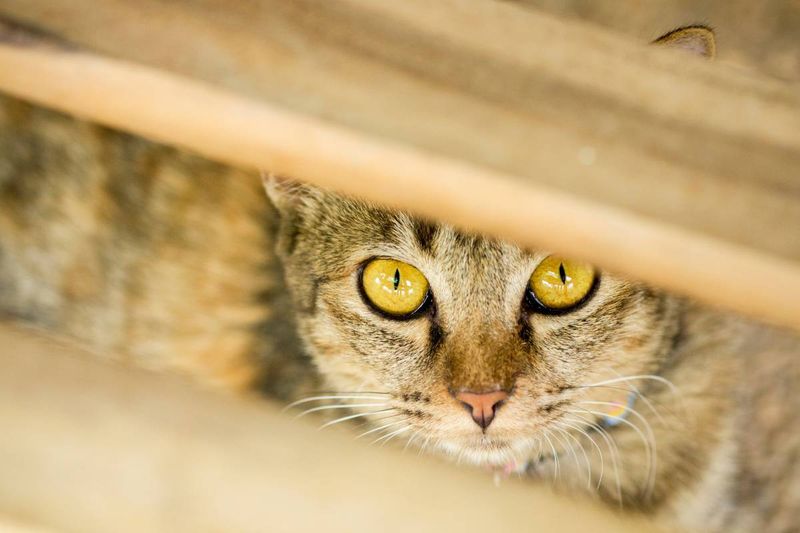
Is your outgoing kitty suddenly playing hide and seek? Excessive hiding can indicate fear, illness, or anxiety.
Observe their behavior closely. Provide a safe, calm space for them and consult a vet if this behavior continues. Addressing the root cause is essential for their wellbeing.
11. Changes In Vocalization
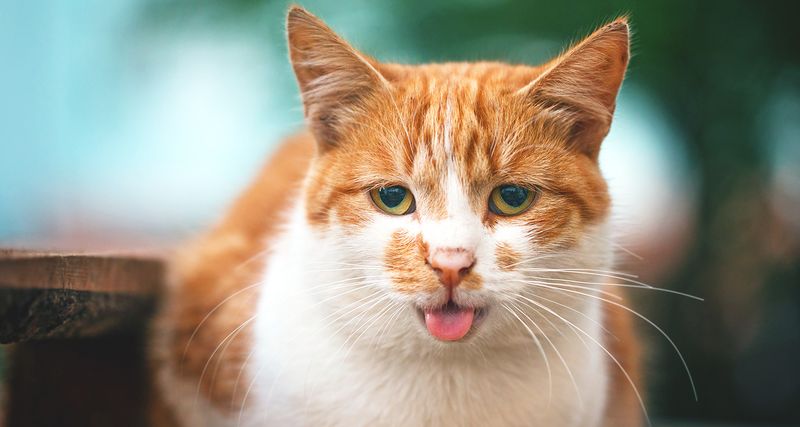
Changes in vocalization can reflect stress or discomfort. Listen to their cues. Are they more vocal at specific times or around certain people?
Seek advice from a vet or behaviorist. Understanding their needs can improve their quality of life.
12. Scratching Furniture More
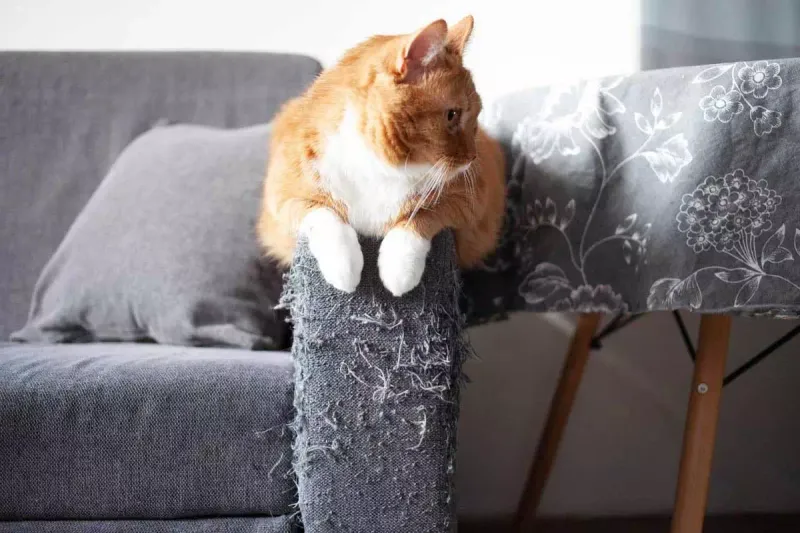
Excessive scratching might be due to stress or inadequate scratching posts. Provide them with a variety of scratching surfaces and observe if the behavior changes.
If scratching continues, it might be time for behavioral consultation. A happy cat is a less destructive one!
13. Difficulty Jumping
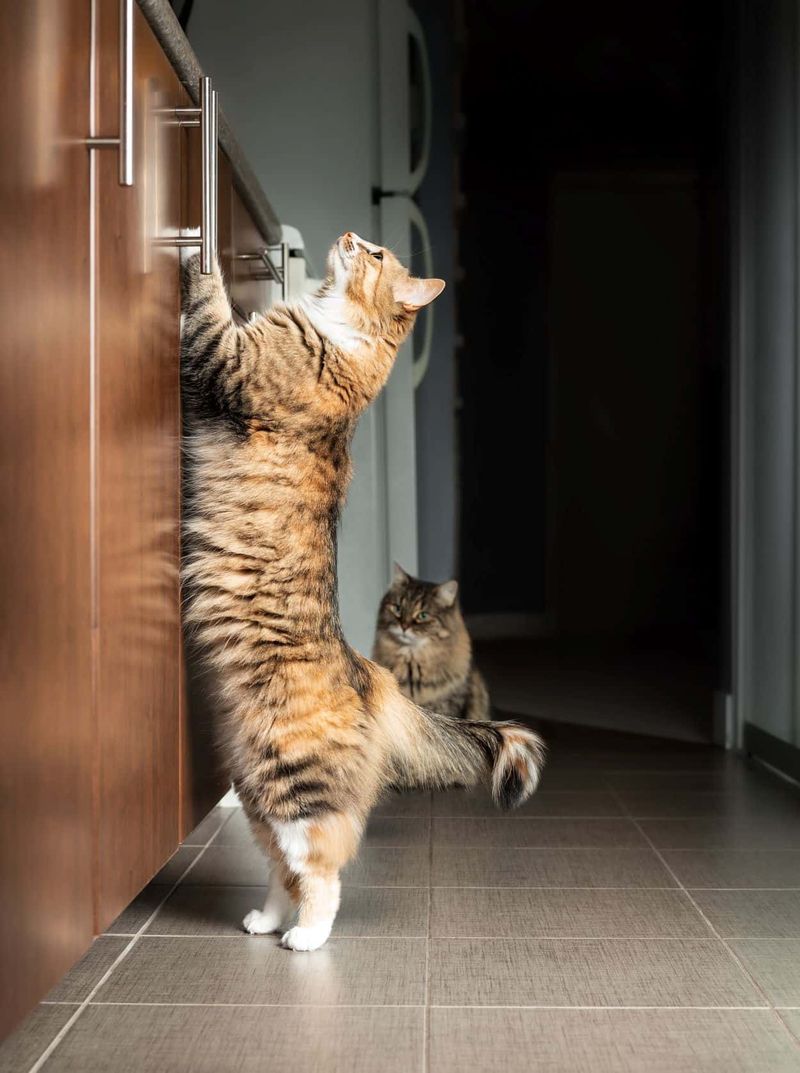
Is your cat hesitating to leap onto their favorite perch? Difficulty jumping can indicate arthritis or joint pain.
Consult your vet for supplements or medications that can ease their discomfort. Keep their environment accessible and safe.
14. Discharge From Eyes Or Nose
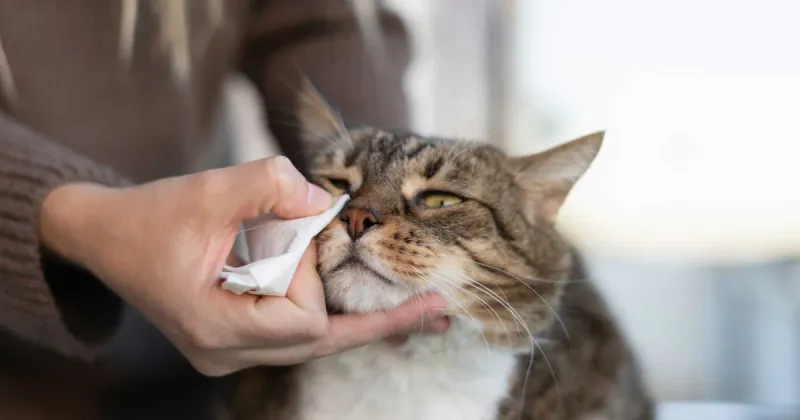
Notice any unusual discharge from your cat’s eyes or nose? This could signal respiratory infections or allergies.
Keep their living space clean and free from allergens. Observe if symptoms persist.
A vet visit can determine the underlying cause and provide necessary treatments. Don’t ignore your cat’s need for relief.
15. Overgrowing Nails
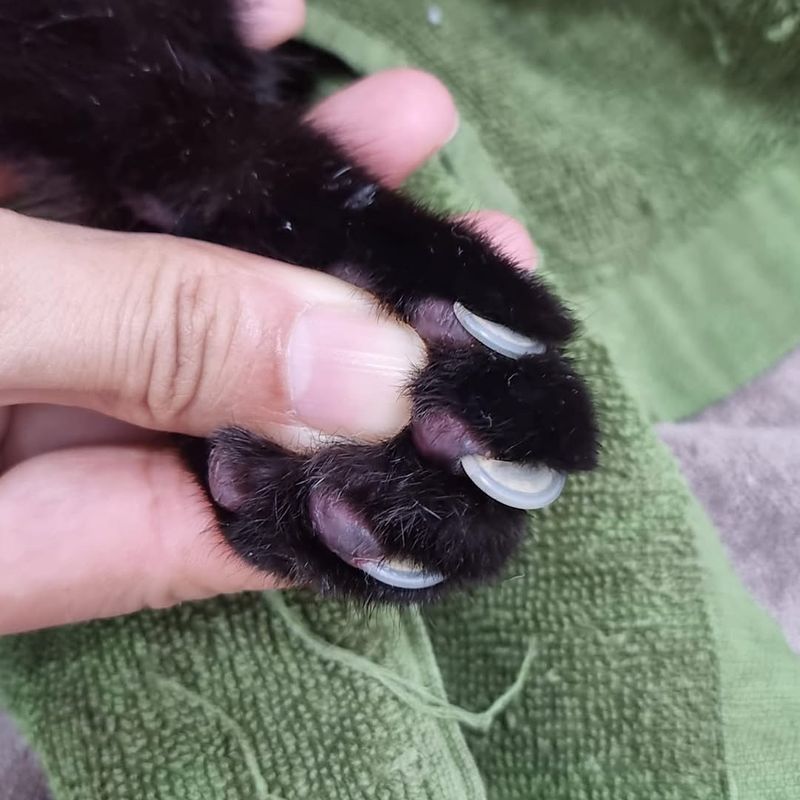
Overgrown nails can cause discomfort and injury. Regularly trim their nails or provide scratching posts to keep them in check.
Consult a vet or groomer if you’re unsure how to manage. Proper grooming is essential for their comfort and health.
16. Clingy Behavior
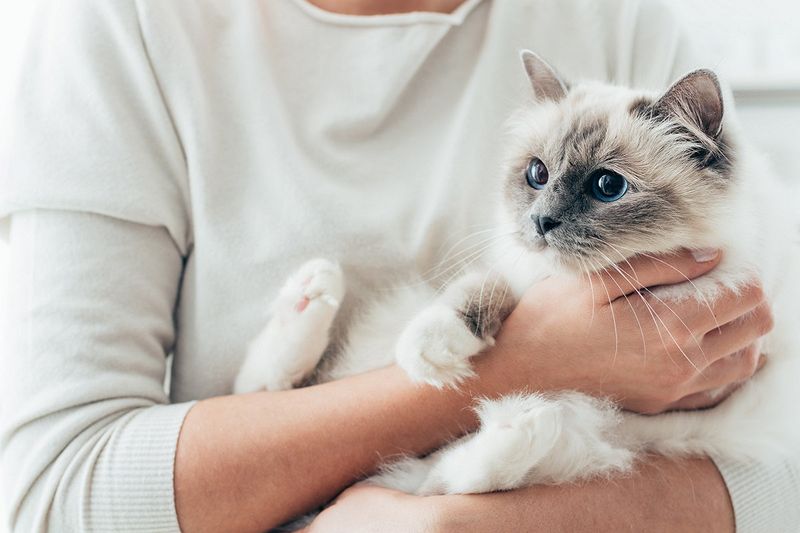
Ever noticed your cat following you from room to room, never leaving your side? That clingy behavior might be your cat’s way of saying they need more of your time and affection.
Constant rubbing against your legs or always jumping into your lap can be signs they’re craving attention. Try adding a few more play sessions or quiet cuddle moments to help meet their emotional needs.
17. Nighttime Hyperactivity
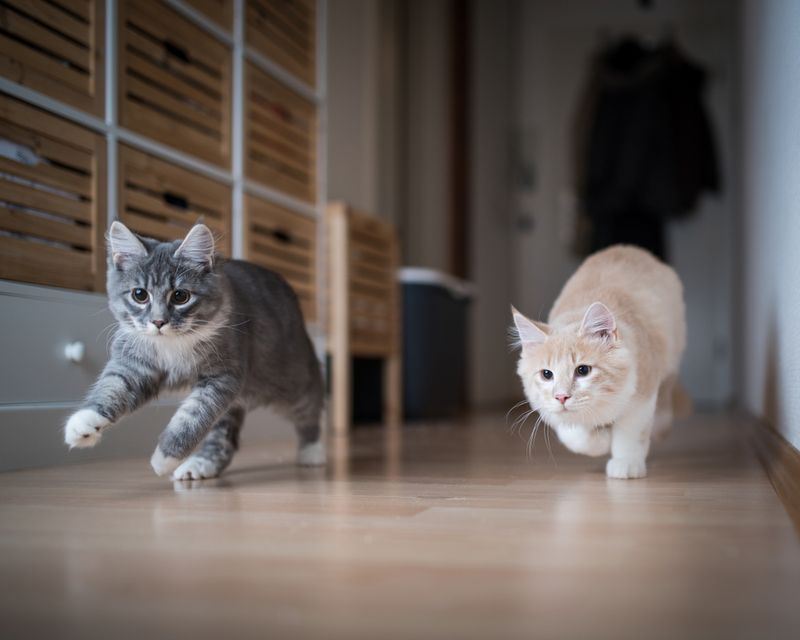
Nighttime hyperactivity can be an indicator that your cat needs more attention during the day. Cats are naturally more active at dawn and dusk, but excessive nighttime activity might mean they’re not getting enough stimulation.
This behavior can include playing with toys loudly or running around the house as if on a mission. To curb this, introduce more playtime during daylight.


